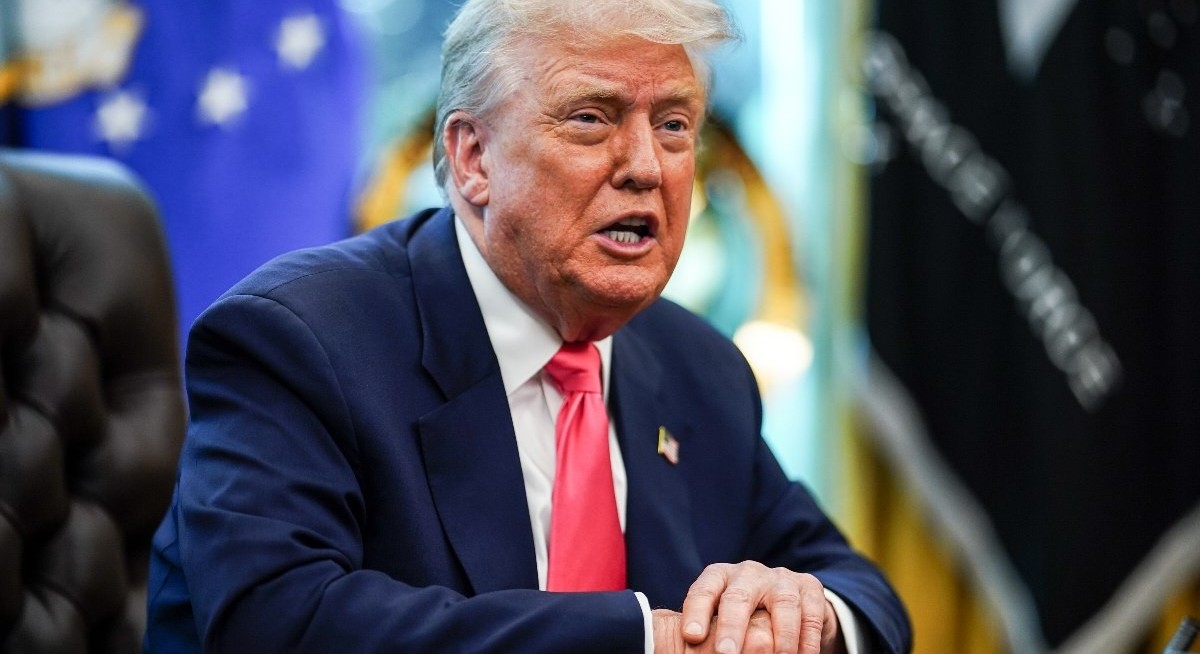The increased production will not only cater for US demand but also be exported to the rest of the world. IBM pledged to invest US$150 billion in US manufacturing over five years, including in R&D.
Meanwhile, Nvidia Corp will spend hundreds of billions of dollars to produce chips and AI supercomputers in the country. Taiwan Semiconductor Manufacturing Co (TSMC) more than doubled planned investments for its chip manufacturing facility to US$165 billion.
Carmakers, including General Motors, Honda Motor and Hyundai Motor Co, have announced plans to raise investments in the US over the next few years, as have pharmaceutical companies such as J&J, Abbott Laboratories, Merck and Roche.
Yes, some of these investments may have already been committed previously. But regardless of how they are computed, the fact is that private investments — and job creation — will surge in the next three years at least. As the MAGA Pathway indicates, investments, together with deregulation, will boost US future productivity growth.
See also: Time for Malaysia to pivot from manufacturing to services
What this sidebar seeks to address are the resulting implications for US consumption, savings, interest rates and exchange rates.
Since S (savings) = I (investments) and S – I = X (exports) – M (imports),
Therefore, if investments were to increase substantially in the US, it necessarily means that S must also rise.
See also: Markets rise when merit is recognised
With a falling US trade deficit, however, foreign savings inflows into the US will fall. This means that domestic US savings must increase significantly. How? Through changes in interest rates (remember, the interest rate is the price of money).
The outlook, therefore, is this:
a. Interest rates will either go higher in absolute terms or stay high relative to the rest of the world. (As other countries lower interest rates, US interest rates can be relatively higher even if they are not higher than the present in absolute terms.) So, long-term US Treasury (UST) yields, say, for 10-year UST, will remain at 4% to 5%, whatever the US Federal Reserve does with its short-term policy rate;
b. Domestic consumption will fall. It has to (to save more, one must consume less). Household consumption is already softening and will be further hurt by higher domestic prices as companies pass on the tariff costs (see main article).
(a) and (b) are the reasons we think the US equity market will fall in the near term. In other words, current market expectations are all WRONG.
c. The trade deficit will gradually improve and more so when exports grow stronger, when new investments transform into products, especially with the latest tech and productivity gains;
d. Labour: Unemployment will rise marginally in the near term because of the consumption slowdown. However, employment will grow strongly over the next three years — and so will wages; and
For more stories about where money flows, click here for Capital Section
e. The US dollar: As we enter 4Q2025 and beyond, the USD will strengthen, driven by falling trade deficits and increased government revenue (smaller fiscal deficit) — and will further gain momentum into 2027 as US relative productivity (coming from higher investments) outshines the rest of the world.
Because interest rates for long-term UST will remain high and the US needs longer-tenure financing of its current debts (one-third of all public debts must be refinanced within one year), Trump’s next battle will be forcing “friends” that are holding large UST as reserves to “term out” their holdings — to lower the yields for longer-tenure bonds.
This “terming out” plus stronger USD will be the reasons that US interest rates will NOT rise beyond the 4%-to-5% level.
Looking further ahead to 2026 and beyond, we expect to see the combination of a stronger USD and US economy, rising exports and lower US twin deficits. Corporate America will see more robust sales, gross margins and profit growth — US equities will do well. So, stay invested in US equities for the long term.
In summary, Trumpianomics may prove to be one of the biggest global economic structural changes since World War II, despite almost-universal condemnation and negative prognoses by international experts and world bodies. The ability to take some short-term pain is what will deliver real longer-term gains.




